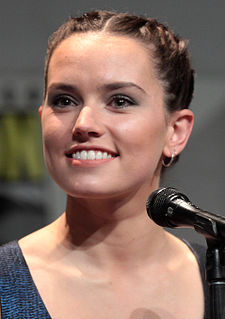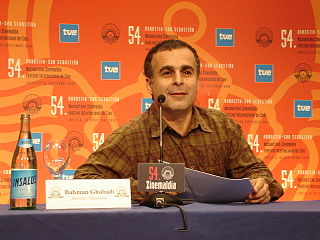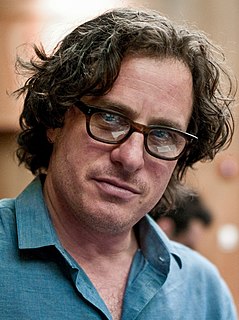A Quote by Steven Spielberg
There's no other way to learn about it, except through documentaries. I encourage documentarians to continue telling stories about World War II. I think documentaries are the greatest way to educate an entire generation that doesn't often look back to learn anything about the history that provided a safe haven for so many of us today. Documentaries are the first line of education, and the second line of education is dramatization, such as The Pacific.
Quote Topics
Related Quotes
We have huge holes in our education in the West. I think that we have little knowledge of Asian history. If you ask a well-educated, modern Western person about World War II, most will think that the theatre of war was only in Europe. But it's known that the Pacific War was going on concurrently, and we don't know anything about it.
One day I decided to move towards documentaries or to move to more directing in documentaries at this point in my career. Why documentaries? I also love fiction. I would love to direct a fiction movie as well. But I think where I come from, reality is so interesting and has in it so many good stories to tell, this is why I'm doing that. I'm enjoying that.



































